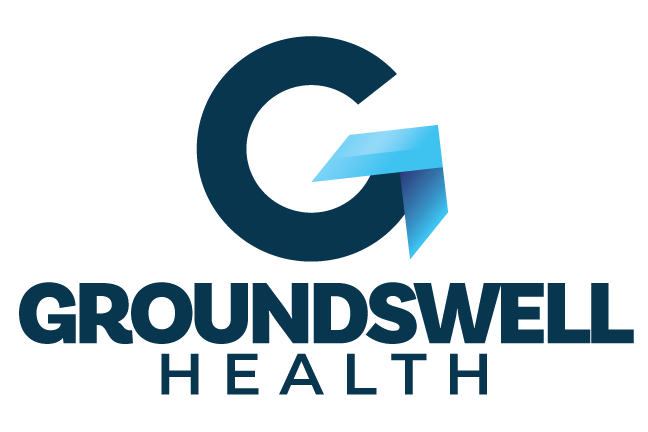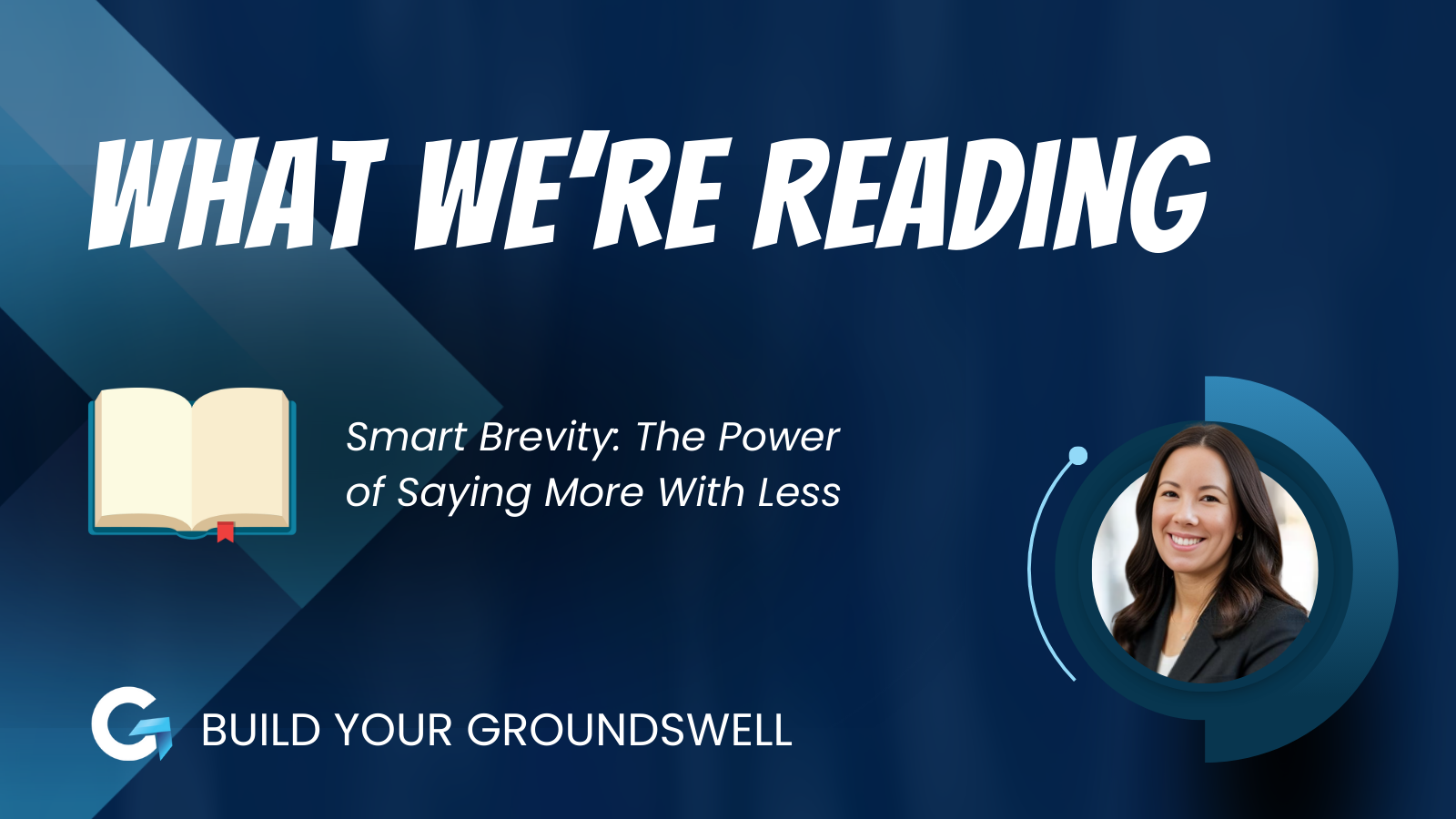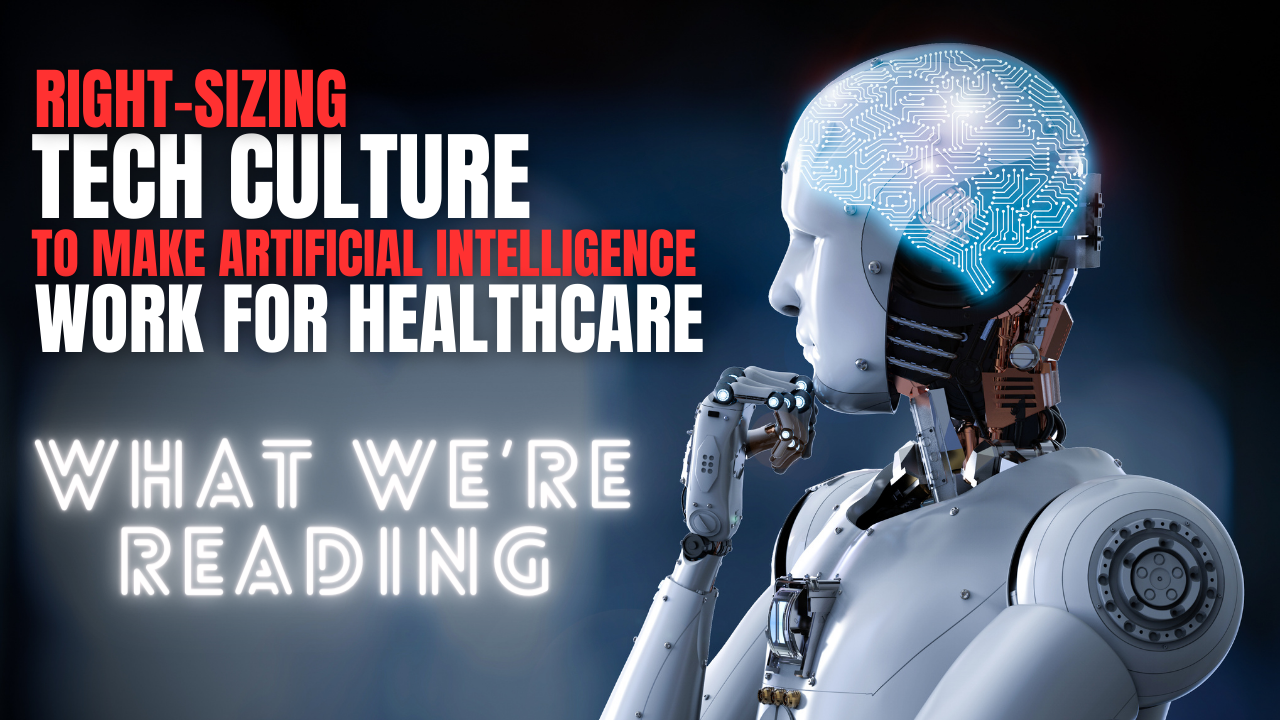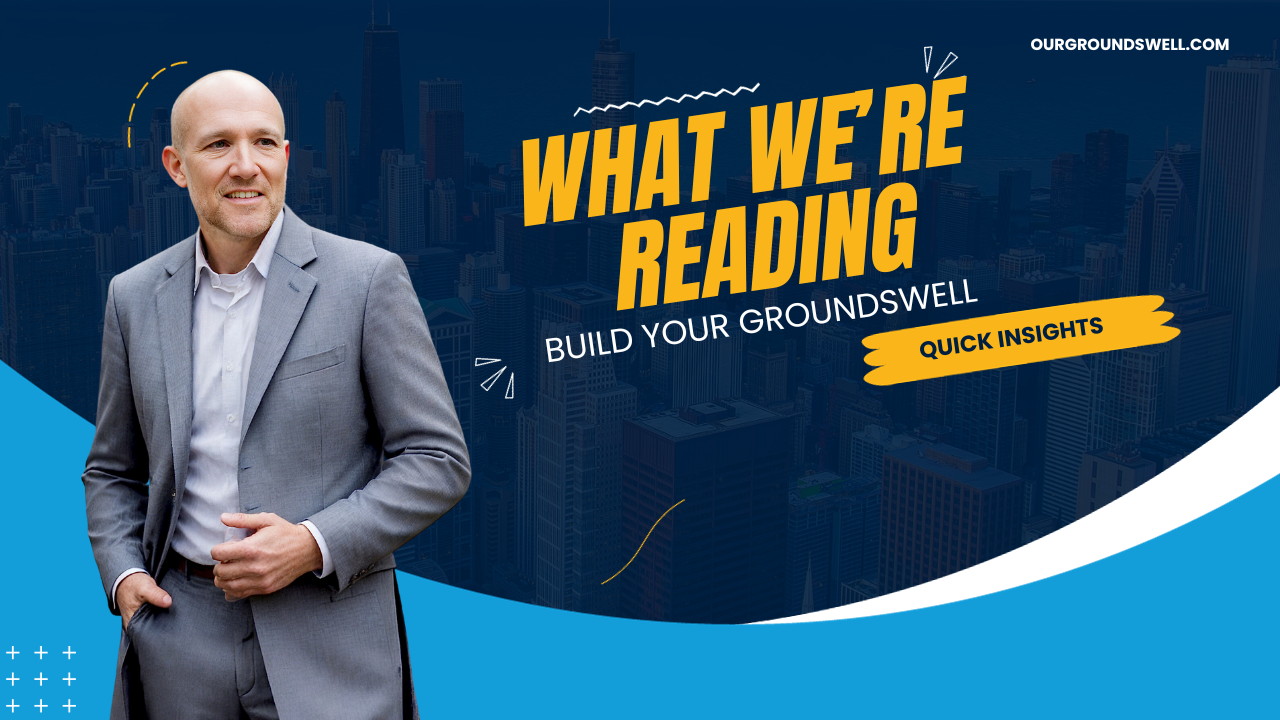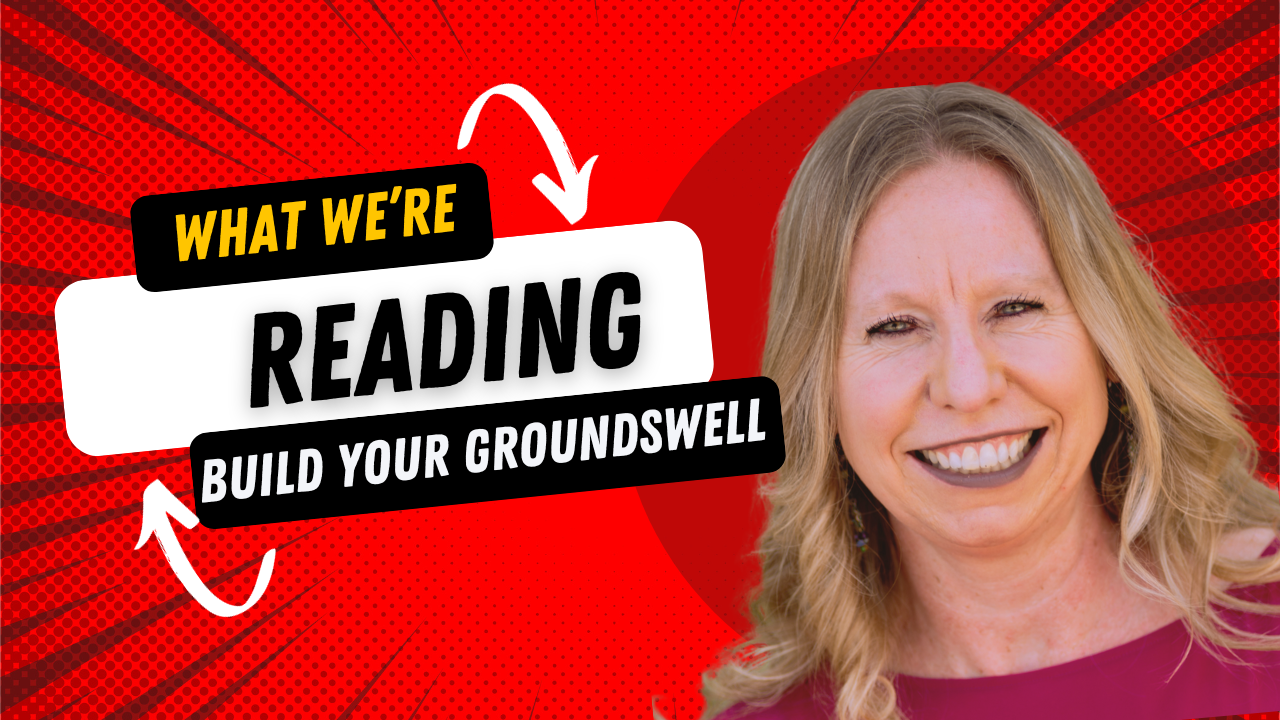What we can learn from the Empowered by Parkinson’s documentary in this time of COVID-19
It’s easy to let fear drive our decisions. We do it when we parent. We do it when we manage our finances. It’s part of our makeup. It’s part of our being.
Before he became known as a biologist embarking on the world’s most revolutionary scientific theories, Charles Darwin spent a good deal of time studying facial expressions. He wondered exactly why humans make facial expressions in the first place. How do stress and joy manifest themselves uniquely and uniformly across humankind?
In her article, How Fear Works, Julia Layton, outlines how in the 1800s Darwin studied his own facial expressions and attempted to control them in order to explain them scientifically. Conducting a brief experiment, he entered the London Zoological Gardens’ reptile house (none for me, thanks), and tested his own response to a puff adder snake (again; no, thank you). He documented the exercise in a diary, noting that every time the snake lunged at him, he grimaced and jumped back despite standing safely behind glass and out of danger.
” My will and reason were powerless against the imagination of a danger which had never been experienced,” he wrote.
Fear is part of what makes us who we are. And it is largely why we are here in the first place. Had those ancestors who came before us not run in fear from the venomous snake, they likely were victim to it. Those who were most fearful were most careful. So, it’s easy to get confused.
But, being careful is different from fear. It means recognizing fear as a natural thing … but not letting it overtake us to the point of not living our lives to the fullest — in whatever form that might take.
In the recent PBS Empowered By Parkinson’s documentary, we see how easy it might be to forget how bold and strong the health care ecosystem can be to help treat and manage some of the world’s most vicious diseases. While treatments for Parkinson’s – or any disease for that matter — today might not completely cure patients of the condition, advances from a collaborative system of physicians, technologists, business investors, and enterprising researchers provide some meaningful additional years to people who might otherwise have missed cherished experiences with friends and loved ones or achievements of personal or professional goals.
What’s unique to the stories featured here though is the purposeful channeling of fear and the unique approach that comes from operationalizing behaviors beyond the diagnosis. The people featured are not prisoners of fear. They are careful and in so being, take control of their care. They also have found ways to inspire themselves and others.
The documentary features Dan Stultz, M.D., a former hospital CEO and retired head of the Texas Hospital Association, who took significant steps to address his Parkinson’s diagnosis. Stultz is a friend and mentor I’ve relied on heavily over the years not only for insight and advice but also for inspiration and an occasion smart remark or two. Medical technology and advanced treatment helps him control the grip that Parkinson’s has on his faculties, but it takes daily awareness and purposeful activities to keep it managed. From workouts at a local boxing gym to staying active in his workshop, the disease has a way of working its way even further into people who let their bodies go idle. It’s a vicious reality of those dealing with Parkinson’s.
To be clear, I’m not a fan of the “battle” metaphor. I am friends with people who have lost friends and family to cancer and other diseases, and they are offended by the “fight” and “battle” message. The cancer “fight” or the disease “battle” to those who have lost loved ones implies that they just didn’t put up a hard enough fight or they weren’t strong enough. Patients, though, are looking for resources — mental and otherwise — that work hand-in-hand with medicine to advance their own outcomes and improve their life experiences. Helping give that to them in one way or another is a way to support not just their healing process, but more importantly, their living process.
To be gripped by fear can only be debilitating if we let it, but we should not be ignorant ofit. Rather, we should be cognizant of its existence and use it to drive our behaviors so that we live boldly in its midst. How we as individuals, as a society, and as a world navigate COVID-19 is being worked out in real time. Some people and some nations are handling it better than others. The ignorant refuse to be careful. The fearful refuse to live. A balance is needed, and when we embrace the reality of a global society’s risk to pandemic, we can appropriately dismiss partisanship and come together build a cohesive plan that proactively and practically prepares.
See what else Groundswell Health is working on in healthcare >>
SAY LESS: Mastering the Art of Concise Communication #WhatWe’reReading
By Jovi Guerra, Communications Manager | Groundswell Health 📖 Smart Brevity: The Power of Saying More with Less Co-creators
Move Fast and Break Things is no way to Think About AI #WhatWe’reReading
By Steven Carr Communications Manager | Groundswell Health From Asimov to Heinlein to Cameron, I’ve read and watched all manner
The Business and Recent History of the New York Times #WhatWe’reReading
I’m an avid reader of news, in all forms. I particularly love newsprint still. I’m the one. It’s me. I
Pushing back against the daily grind #WhatWe’reReading
I’m mostly a fiction reader, but I have a particular affinity for the strategy and management articles in Harvard Business

